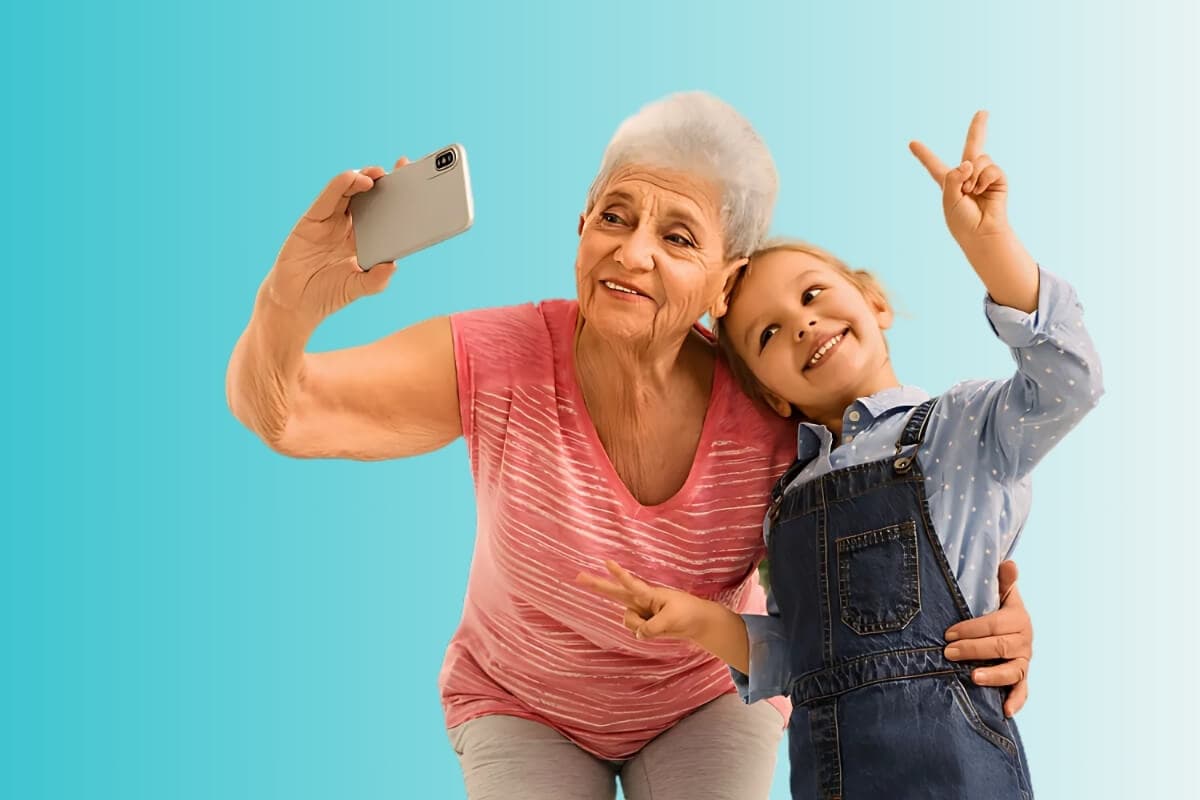Caregiver Tips for Loved Ones with Alzheimer's
As a caregiver, you're not only providing physical care but also emotional support to your loved one with Alzheimer's disease. It's essential to understand the complexities of this condition and learn how to navigate the caregiving journey with compassion and patience. The goal of this guide is to help you feel supported and provide best practices for anyone delving into the world of caregiving for this trying disease.
After losing my dad to Multiple Myeloma and then facing my mom’s Alzheimer’s diagnosis, I felt desperate for connection. I started a community not just to share the hard moments, but to find strength, joy, and ways to take back control of our lives. It’s a choice—to stop just reacting and start asking, what makes me happy, and how do I get there?
- Patti C
What is Alzheimer's?
Alzheimer's disease is a progressive neurological disorder that affects memory, thinking, and behavior. It's the most common form of dementia, accounting for 60-80% of dementia cases. The symptoms include:
- Memory loss and confusion
- Communication difficulties
- Mood changes and anxiety
- Difficulty with daily activities
Diagnosis is typically made through a combination of physical examination, medical history, laboratory tests, and cognitive assessments. Treatment options may include medications to manage symptoms, lifestyle modifications, and alternative therapies.
What to Expect
As a caregiver, you'll face numerous challenges as your loved one's condition progresses. Common symptoms and daily life changes include:
- Gradual memory loss and disorientation
- Increased dependency on caregivers
- Changes in mood and behavior
- Difficulty with familiar tasks and activities
It's essential to adapt to these changes and prioritize self-care to avoid burnout.
In Their Shoes
Imagine a world where familiar words no longer come when you need them. Where the faces around you seem kind, but you can’t quite place who they are. Where time feels slippery—past and present mixing together—and even your own reflection might not feel like you. You may not be able to say what hurts, or what you need, but you still feel deeply: fear, warmth, frustration, love. Sounds, music, touch, and tone of voice can comfort or unsettle you more than words ever could. Some days, you might seem far away. Other times, a moment of clarity breaks through the fog like sunlight. Even in silence, your inner world is still alive. What matters most is gentle presence—being approached with calm, not rushed. Being touched with kindness, not control. Though much is lost, the essence of you remains, and being treated with dignity can speak louder than anything memory ever could.
Setting Goals
Setting realistic goals is vital for both you and your loved one. Consider:
- Creating a daily routine to structure the day and maintain independence
- Encouraging social interaction through visits, phone calls, or video chats
- Promoting physical activity to improve mobility and flexibility
- Fostering a sense of purpose through hobbies or volunteering
Establishing a caregiving rhythm can bring a sense of calm and stability — especially when their world feels uncertain or disoriented
High Level Plan
To achieve your caregiving goals, follow these steps:
- Assess your loved one's needs and abilities.
- Create a daily routine and schedule.
- Encourage social interaction and physical activity.
- Foster a sense of purpose through hobbies or volunteering.
- Prioritize self-care to avoid burnout.
Online Resources for Caregivers
Navigating the caregiving journey is challenging, but numerous online resources offer support:
- Alzheimer's Association: Provides education, advocacy, and support services.
- Join the HeroGeneration community to find more help and resources for caring for a loved one with Alzheimer's.

